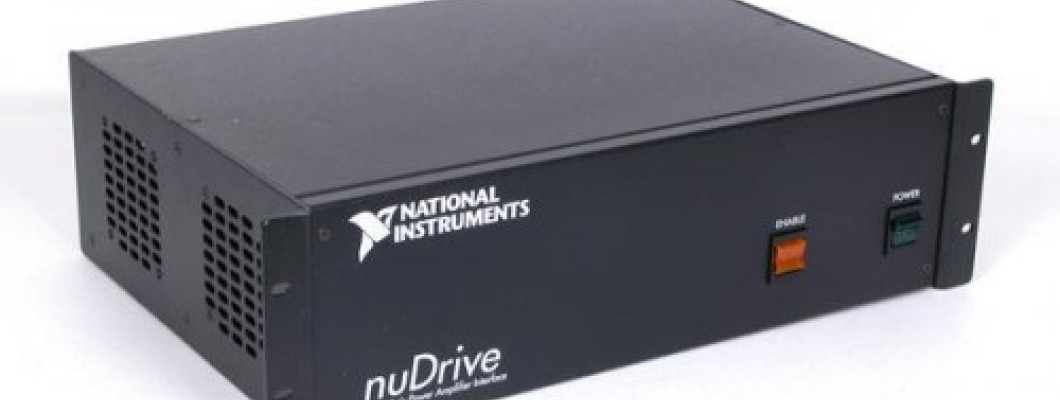
In
today’s rapidly advancing world, automation has become a cornerstone of
efficiency across industries. At the heart of this technological evolution lies
a crucial component: embedded control boards. These compact, intelligent
systems provide the foundation for precise control and seamless integration,
enabling the automation of complex processes. Let’s explore why they are
indispensable in modern automation.
What Makes Embedded Control Boards So Important?
Embedded
control boards are purpose-built systems designed to manage specific tasks in
automation. Unlike general-purpose computers, these boards are tailored for
real-time operations, ensuring high precision and reliability. By collecting
and processing data, they execute commands with incredible accuracy, driving
the functionality of everything from industrial robots to medical devices.
What
sets embedded control boards apart is their ability to operate under stringent
conditions. Their compact design and efficient energy consumption make them
ideal for environments where space and power are limited.
Enhancing Efficiency in Automation
Automation
thrives on precision and adaptability, both of which are made possible by
embedded control boards. These boards process real-time data to control systems
with unmatched accuracy. Whether it’s optimizing production lines or managing
smart grids, they ensure operations are streamlined and error-free.
The
versatility of embedded control boards is another key advantage. Found in industries
as diverse as automotive, healthcare, and consumer electronics, they can be
customized to meet specific operational needs. For instance, in robotics, these
boards enable intricate movements and high-speed responses, while in
healthcare, they support life-saving devices such as ventilators and diagnostic
tools.
Enabling Connectivity and Scalability
The
rise of interconnected devices has placed embedded control boards at the center
of IoT applications. Supporting communication protocols like Wi-Fi, Bluetooth,
and Ethernet, they enable seamless connectivity within automated systems. This
is particularly important in smart factories, where machines must work together
in harmony.
Embedded
control boards also offer scalability, allowing systems to evolve alongside
technological advancements. Their compatibility with AI and machine learning
technologies ensures they remain relevant as automation demands grow more
complex.
Driving Innovation in Automation
Embedded
control boards are not just supporting automation—they are shaping its future.
Innovations in this field are expanding the possibilities of what automation
can achieve.
For
instance, the integration of artificial intelligence into embedded control
boards has enabled predictive maintenance, where systems can anticipate and
prevent failures before they occur. This reduces downtime and lowers costs.
Additionally,
enhanced security features are addressing the growing concerns around
cybersecurity. With built-in encryption and secure boot capabilities, embedded
control boards protect critical systems from external threats.
Edge
computing is another significant trend. By processing data locally, embedded
control boards reduce latency, making real-time applications like autonomous
vehicles and industrial robotics more efficient and reliable.
Why Industries Rely on Embedded Control Boards
The
impact of embedded control boards on automation cannot be overstated. Their
ability to enhance precision, reliability, and connectivity makes them
invaluable across a wide range of applications. Moreover, their compact design,
low energy consumption, and scalability ensure they are prepared to meet the
challenges of the future.
As
automation continues to evolve, embedded control boards will remain at the
forefront, enabling smarter, faster, and more efficient systems. They are not
just a component of automation—they are its backbone.
